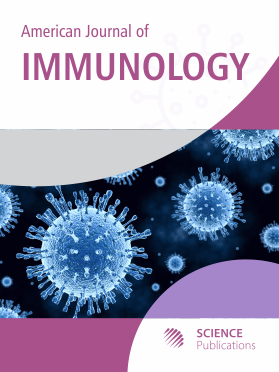Ozone Therapy: Overview of its Potential Utility in Male Reproduction
- 1 Albert Einstein College of Medicine, United States
- 2 St John Hospital and Medical Center, United States
- 3 HOCATT USA LLC, United States
- 4 New Hope Fertility Center, United States
- 5 Arzo-Mendrisio, Swaziland
Abstract
Ozone (O3), a highly water-soluble inorganic molecule, is a gas made of three atoms of oxygen (O) with a cyclic structure. Ozone can be produced by medical generators from pure oxygen after passing through a high voltage gradient. Ozone therapy (OT) can be given in medical practice via several routes that include transdermal, intramuscular, rectal, nasal, oral, vaginal, intravenous, intra-arterial, intraperitoneal, intra-pleural, topical, dental, intra-discal and by auto-hemotherapy. Because ozone, a highly reactive molecule, is a potent oxidant and anti-inflammatory agent, it has strong bactericidal, antiviral, anti-fungal and anti-protozoal actions as well as therapeutic effects on the immune system. With its multifaceted route of administration, OThas been used to treat several pathologies that involve the immune system such as cancers, sepsis, abscesses and chronic wounds, skin problems (such as eczema and psoriasis), HIV infection, asthma, arthritis, urologic problems, osteomyelitis and many others. The purpose of this review article is to evaluate the role of OT in the male reproductive system. We performed a review of all available basic science, experimental animal studies and clinical peer-reviewed articles published in PubMed and Google Scholar until November 2018. The literature so far retrieved shows that most studies pertaining to the effect of OT on male reproduction were performed in animals. Results to date show that OT, via improving the immune system, significantly protects testicular function in the setting of testicular torsion/ischemia, protects against the effect of gonadotoxic agents and treats bacterial infections in the semen. This article calls for a need for at least pilot studies in humans using OT in its safest route of administration, which is probably the transdermal one. This would be significant especially considering that male factor infertility constitutes up to one third of couple infertility and it is very common that poor semen parameters are irreversible with medical or surgical treatment, such as varicocele repair or vasectomy reversal.
DOI: https://doi.org/10.3844/ajisp.2018.15.25

- 7,710 Views
- 6,637 Downloads
- 4 Citations
Download
Keywords
- Ozone Therapy
- Fertility
- Male
- Sperm
- Testes
- Transdermal
